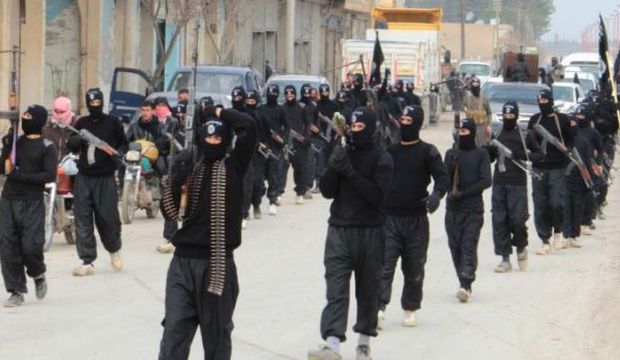Some say, whether out of ignorance or negligence, that the current criticism of Islamists and political Islam is nothing more than a trend that will soon fade out of fashion.
However, those who put forward this point of view do not understand that this “trend” has destroyed Arab and Islamic states, resulting in bloodshed, the forced displacement of minorities, and the severing of heads. They are incapable of understanding the ideology of these groups or the statements of their leaders, not to mention their approaches and priorities.
They are ultimately incapable of digesting and understanding all of this and so seek to ignore it or play it down. This is because we have become accustomed to nationalist or leftist analysis over the decades, but what we are facing today is something new.
So, just who are these people who criticize the criticism of the Islamists, viewing this as part of attempts to confuse the scene while ignoring the Islamists’ true objectives and projects? There are also those who claim that anyone who criticizes this ideology is an agent of the West or America, as if the Muslim Brotherhood and prominent Islamists such as Mohammed Badie, Khairat El-Shater, Rachid Ghannouchi and Yusuf Al-Qaradawi have no connections—past or present—with western states and governments.
These people are so incensed by the criticism of the Islamists that they will not stop talking about it until they have convinced everybody, viewing political Islam as the unbreakable ideology that will, no doubt, challenge the authority of the states they have come to hate. These people lack popular backing for their views and so they are seeking to use Islamists and political Islam to weaken the state and therefore benefit from the ensuing political vacuum.
Of course, this is nothing but a pipe dream (or, should we say, a nightmare?) This is precisely what happened during the Khomeinist revolution in Iran, and is currently taking place in Libya, and almost happened in Egypt. The evidence of this is clear to see; however, the old-school nationalists and leftists are blind to the threat represented by these Islamists.
Simply put, it is vital that we understand the ideology and objectives of Islamists and political Islam in order to take the right decisions; this is not a mere trend. Despite all the talk about political Islam in the Arab world and beyond, there is little in terms of deep analyses of this phenomenon.
In March 2012, Lebanese novelist Amin Maalouf said we could expect to witness decades of conflict over “identity.” While in 2008, former British prime minister Tony Blair said: “Religious faith will be of the same significance to the twenty-first century as political ideology was to the twentieth century.”
We need a deeper and more accurate understanding of everything to do with political Islam, otherwise we will fall into the same trap as those who lack this desire for knowledge—whether out of ignorance or negligence. This, ultimately, is a trap from which there is no escape.

Trackbacks/Pingbacks